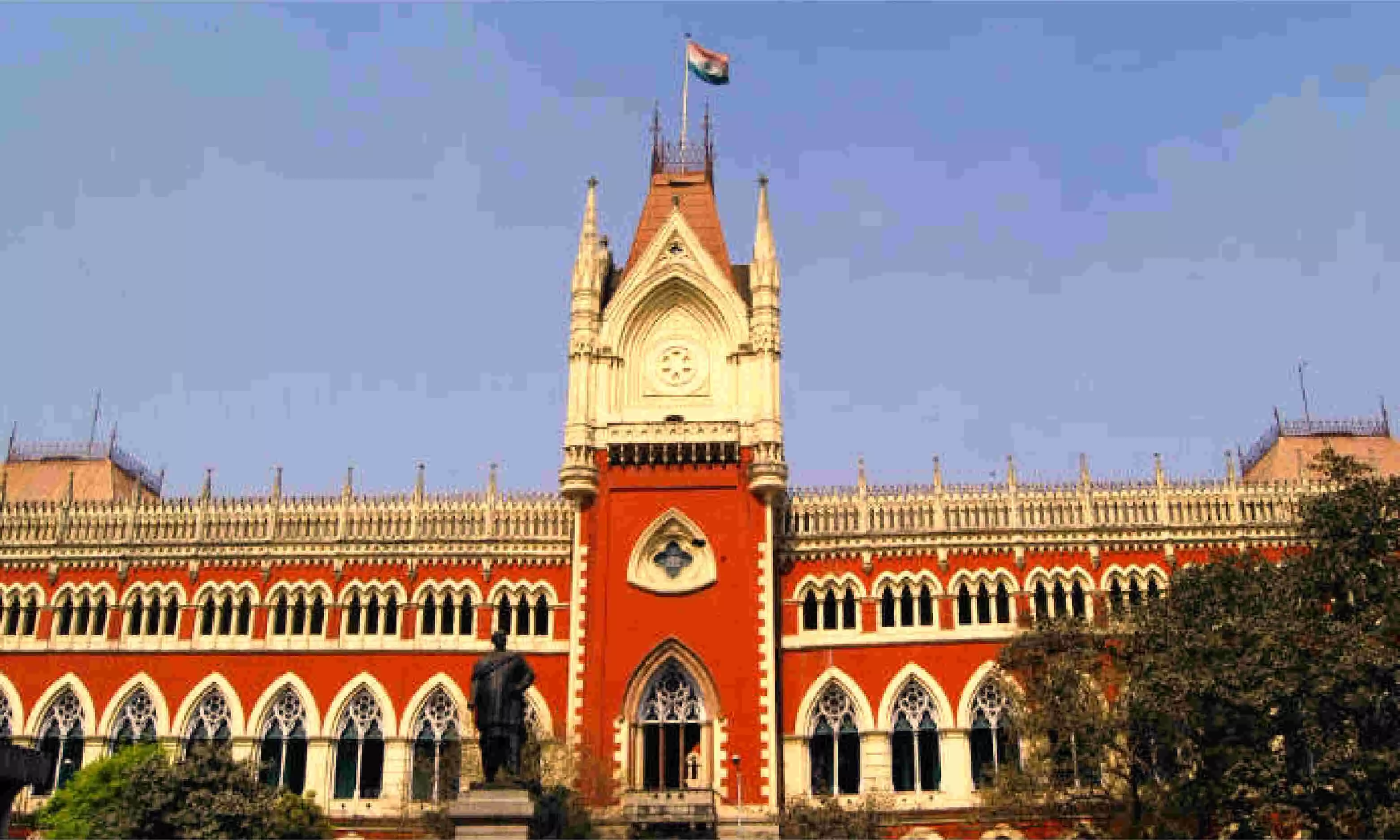
Authorities Under PMLA Are Not Police Officers: Calcutta HC Upholds Interlocutory Order For Protection Of Thailand Citizen
 |
|The Calcutta High Court in an appeal filed by the Enforcement Directorate (ED) directed against the interlocutory orders passed by the Single Judge for protection of the citizen of Thailand has stated that the authorities under the PMLA i.e., Prevention of Money Laundering Act, 2022 are not police officers.
The Court referred to the case of the Supreme Court in which it was held that a probe under PMLA is merely an 'inquiry' and not an 'investigation'.
The Division Bench comprising Chief Justice Prakash Shrivastava and Justice Ananya Bandyopadhyay while dealing with the issue that whether the Single Judge had the jurisdiction to pass the order under appeal, stated, –
"The jurisdiction of learned Single Judge has been questioned on the ground that the present matter falls under the category of police inaction, but such a plea cannot be accepted in view of the fact that Hon'ble Supreme Court in the matter of Vijay Madanlal Choudhary and Others vs. Union of India and Others reported in 2022 SCC OnLine SC 929 has settled that the process envisaged by Section 50 of the PMLA is in nature of inquiry against the proceeds of crime and is not "investigation" in strict sense of the term for initiating prosecution and the authorities under the PMLA are not police officers as such. Thus, the contention of the appellant that learned Single Judge has no jurisdiction to hear the writ petition, cannot be accepted."
ASG Ashok Kumar Chakraborty appeared for the appellant i.e., the Enforcement Directorate while Senior Advocate Jishnu Saha and Id. DSGI Billwadal Bhattacharyya represented the respondents.
In the present case, the respondent had approached the Single Judge challenging the summons with the plea that she was a citizen of India and a resident of Kolkata and that the FIR was registered by the CBI (ACB) Kolkata on Sections 120B and 409 of the IPC for the alleged illegal excavation, theft and transportation of coal and ECL Coalfields in West Bengal. The respondent was not named in the said FIR. Thereafter, the appellant registered the ECIR for the alleged commission of offence punishable under Sections 3 and 4 of the PMLA. The respondent was issued the summons under Section 50 (2) and (3) of PMLA Assistant Director of ED for an appearance in his office. Subsequently, another summon of similar nature was issued by the same Assistant Director. These were the subject matter of challenge in the writ petition.
The Single Judge while passing the impugned interlocutory order noted that the relief claimed in the writ petition is in respect of the summons under Sections 50(2) and (3) of PMLA and that the only issue is whether the writ petitioner should be summoned in Delhi or in Kolkata, and considering the issue, Single Judge found that the writ petitioner has not been named as an accused in the proceedings. By way of an interim direction, the appellant was directed to question the petitioner at its zonal office in Kolkata. The appellant was further directed not to take any coercive steps in the meantime. The matter was therefore before the High Court.
The High Court after both parties, observed, "It is undisputed before this Court that after the order of learned Single Judge and in pursuance to the direction of the learned Single Judge, the writ petitioner has appeared before the appellant at Kolkata. There is no further direction to the writ petitioner by the appellant to appear. Hence, the impugned summons have been worked out and have lost their force now. As on date, there is nothing on record indicating that the writ petitioner is further required to appear before the appellant in terms of Section 50 of PMLA. Thus, nothing survives in the pending writ petition. In fact, by way of interim relief, learned Single Judge had granted the final relief to the writ petitioner. Therefore, the writ petition has now become infructuous for all practical purposes."
The Court while dealing with another issue relating to making a false declaration in the writ petition that she is a citizen of India noted that she is not a citizen of India but the issue has become academic as the summons impugned in the petition have lost their force on account of subsequent appearance in Kolkata.
The Court ordered, "… we find that nothing survives in the present writ petition pending before the learned Single Judge which has become infructuous on account of subsequent development noted above. Thus, we permit the appellant to approach the learned Single Judge for formal disposal of the petition in terms of the observations made above. Liberty to mention before the learned Single Judge."
Accordingly, the Court upheld the Single Judge's interlocutory order and disposed of the appeal.
Cause Title - Directorate of Enforcement, Ministry of Finance v. Menka Gambhir and Another
Click here to read/download the Order